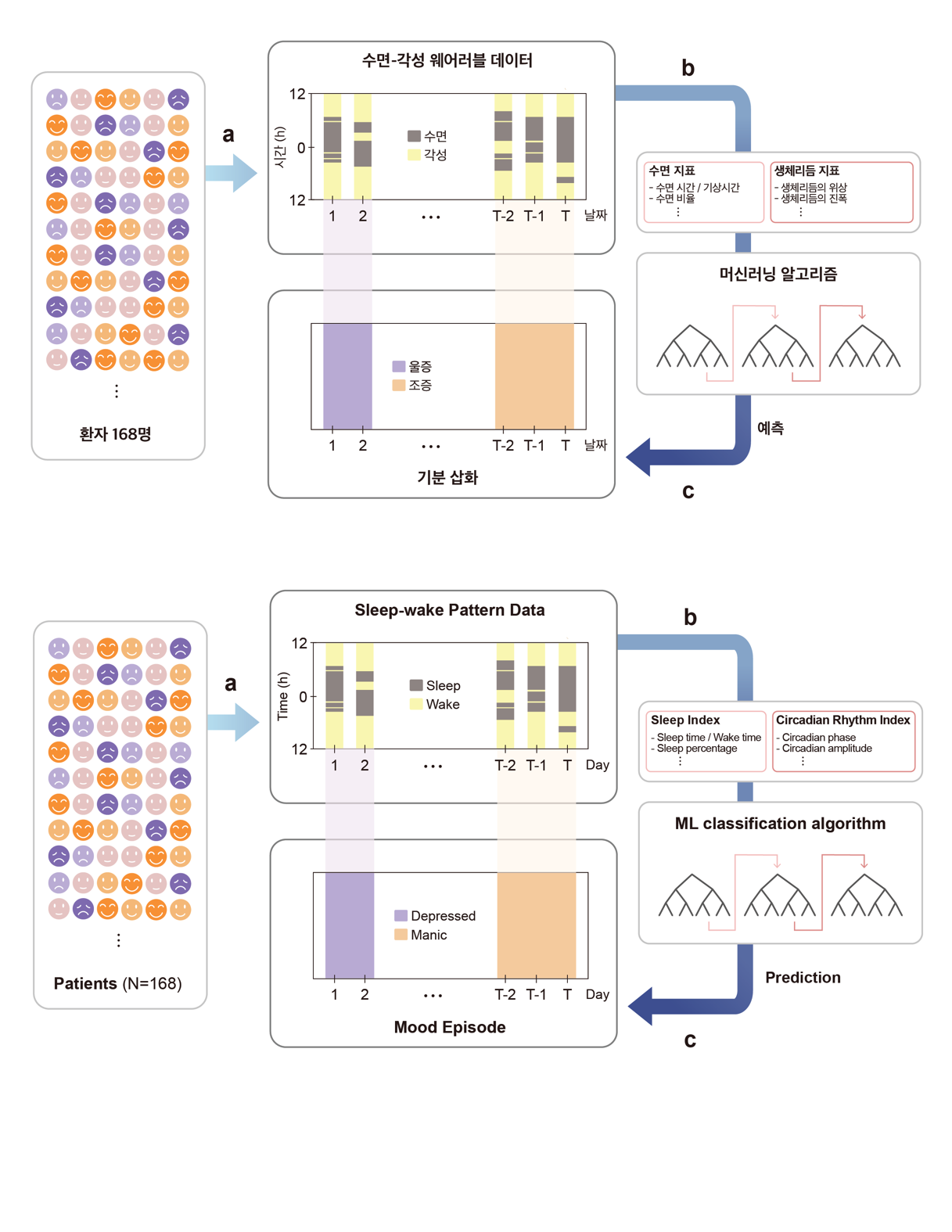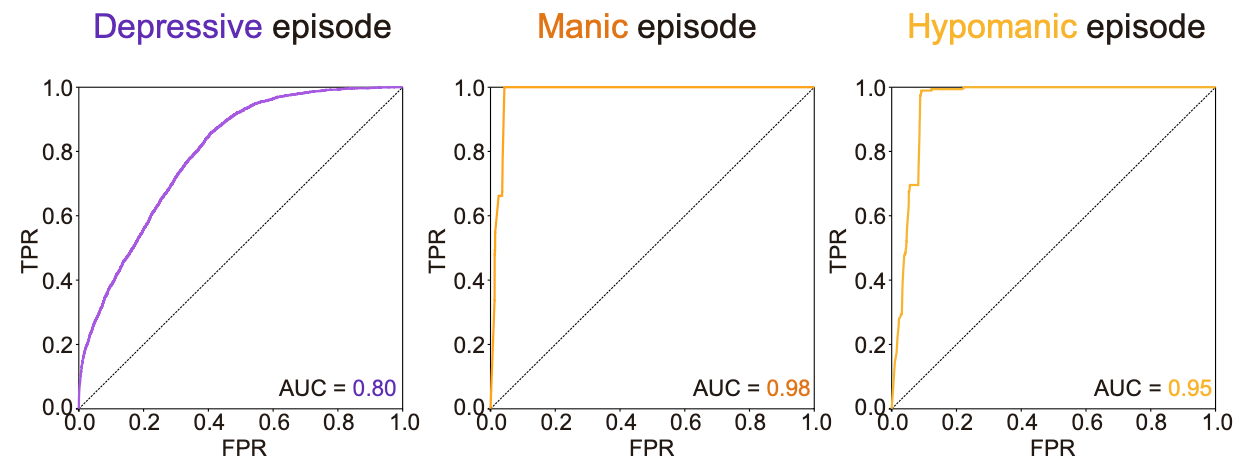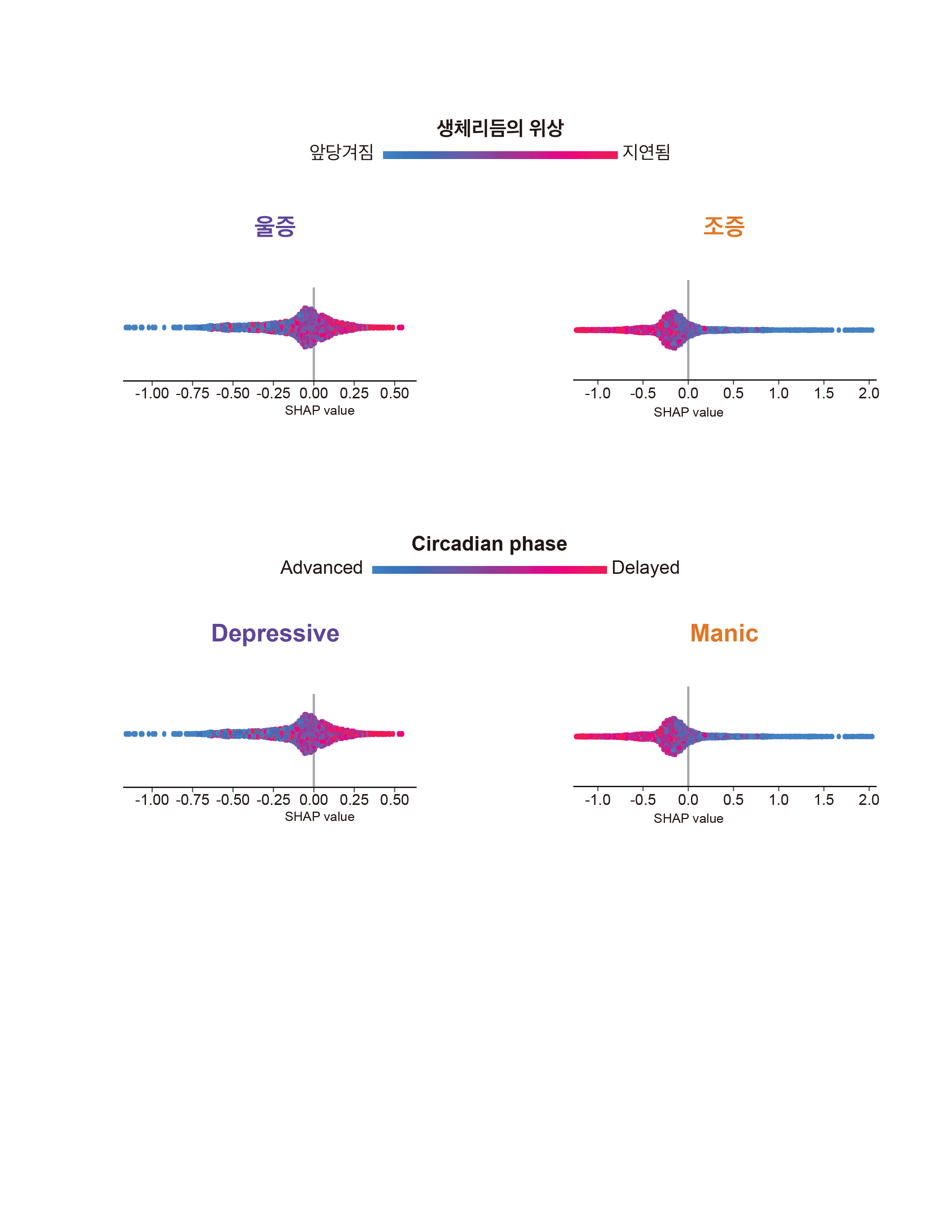주메뉴
- About IBS 연구원소개
-
Research Centers
연구단소개
- Research Outcomes
- Mathematics
- Physics
- Center for Underground Physics
- Center for Theoretical Physics of the Universe (Particle Theory and Cosmology Group)
- Center for Theoretical Physics of the Universe (Cosmology, Gravity and Astroparticle Physics Group)
- Dark Matter Axion Group
- Center for Artificial Low Dimensional Electronic Systems
- Center for Theoretical Physics of Complex Systems
- Center for Quantum Nanoscience
- Center for Exotic Nuclear Studies
- Center for Van der Waals Quantum Solids
- Center for Relativistic Laser Science
- Chemistry
- Life Sciences
- Earth Science
- Interdisciplinary
- Center for Neuroscience Imaging Research (Neuro Technology Group)
- Center for Neuroscience Imaging Research (Cognitive and Computational Neuroscience Group)
- Center for Algorithmic and Robotized Synthesis
- Center for Genome Engineering
- Center for Nanomedicine
- Center for Biomolecular and Cellular Structure
- Center for 2D Quantum Heterostructures
- Center for Quantum Conversion Research
- Institutes
- Korea Virus Research Institute
- News Center 뉴스 센터
- Career 인재초빙
- Living in Korea IBS School-UST
- IBS School 윤리경영


주메뉴
- About IBS
-
Research Centers
- Research Outcomes
- Mathematics
- Physics
- Center for Underground Physics
- Center for Theoretical Physics of the Universe (Particle Theory and Cosmology Group)
- Center for Theoretical Physics of the Universe (Cosmology, Gravity and Astroparticle Physics Group)
- Dark Matter Axion Group
- Center for Artificial Low Dimensional Electronic Systems
- Center for Theoretical Physics of Complex Systems
- Center for Quantum Nanoscience
- Center for Exotic Nuclear Studies
- Center for Van der Waals Quantum Solids
- Center for Relativistic Laser Science
- Chemistry
- Life Sciences
- Earth Science
- Interdisciplinary
- Center for Neuroscience Imaging Research (Neuro Technology Group)
- Center for Neuroscience Imaging Research (Cognitive and Computational Neuroscience Group)
- Center for Algorithmic and Robotized Synthesis
- Center for Genome Engineering
- Center for Nanomedicine
- Center for Biomolecular and Cellular Structure
- Center for 2D Quantum Heterostructures
- Center for Quantum Conversion Research
- Institutes
- Korea Virus Research Institute
- News Center
- Career
- Living in Korea
- IBS School
News Center
Opening a New Avenue in Predicting Mood Episodes Using Wearable Devices: A Sleep and Circadian Rhythm Data Analysis ModelThe research team led by Chief Investigator KIM Jae Kyoung (IBS Biomedical Mathematics Group, Professor at KAIST) and Professor LEE Heon-Jeong (Korea University College of Medicine) has developed a novel model that can predict mood episodes in mood disorder patients using only sleep and circadian rhythm data collected from wearable devices. Mood disorders are closely associated with irregularities in sleep and circadian rhythms. With the growing popularity of wearable devices like smartwatches, it is now easier than ever to collect health data in everyday life, highlighting the importance of analyzing sleep-wake patterns for predicting mood episodes. However, existing models require diverse data types, making data collection costly and limiting practical application. To overcome these limitations, the research team developed a model that predicts mood episodes using only sleep-wake pattern data. By analyzing 429 days of data from 168 mood disorder patients, the team extracted 36 sleep and circadian rhythm features. Applying these features to machine learning algorithms, they achieved highly accurate predictions for depressive, manic, and hypomanic episodes (AUCs: 0.80, 0.98, and 0.95, respectively). The study found that daily changes in circadian rhythm are a key predictor of mood episodes. Specifically, delayed circadian rhythms increase the risk of depressive episodes, while advanced circadian rhythms increase the risk of manic episodes. This discovery opens new possibilities for tracking individual circadian rhythm changes to predict future mood episodes. Professor LEE Heon-Jeong commented, “This study demonstrates the potential of using only sleep-wake data from wearable devices to predict mood episodes, increasing the feasibility of real-world applications. We envision a future where mood disorder patients can receive personalized sleep pattern recommendations through a smartphone app to prevent mood episodes.” Chief Investigator KIM Jae Kyoung added, “By developing a model that predicts mood episodes based solely on sleep-wake pattern data, we have reduced the cost of data collection and significantly improved clinical applicability. This study offers new possibilities for cost-effective diagnosis and treatment of mood disorder patients.” The results of this study are published online in npj Digital Medicine on November 18, presenting a new paradigm in the prediction of mood episodes. Accurately Predicting Mood Episodes in Mood Disorder Patients Using Wearable Sleep and Circadian Rhythm Features, npj Digital Medicine (2024) About the Research TeamThe study was conducted by a collaborative research team from the Department of Mathematical Sciences at KAIST, the Biomedical Mathematics Group at IBS, and Korea University College of Medicine. The team has extensive expertise in mathematical modeling, machine learning and mood disorders.
Notes for editors
- References
- Media Contact
- About the Institute for Basic Science (IBS)
|
| Next | |
|---|---|
| before |
- Content Manager
- Public Relations Team : Yim Ji Yeob 042-878-8173
- Last Update 2023-11-28 14:20










 Figure 1. Development of a mood episode prediction model using only sleep-wake data
Figure 1. Development of a mood episode prediction model using only sleep-wake data Figure 2. Results of predicting mood episodes in mood disorder patients using sleep-wake data
Figure 2. Results of predicting mood episodes in mood disorder patients using sleep-wake data Figure 3. Delayed and advanced daily circadian phases are linked with depressive and manic episodes, respectively
Figure 3. Delayed and advanced daily circadian phases are linked with depressive and manic episodes, respectively Figure 4. Researchers involved in this study
Figure 4. Researchers involved in this study
